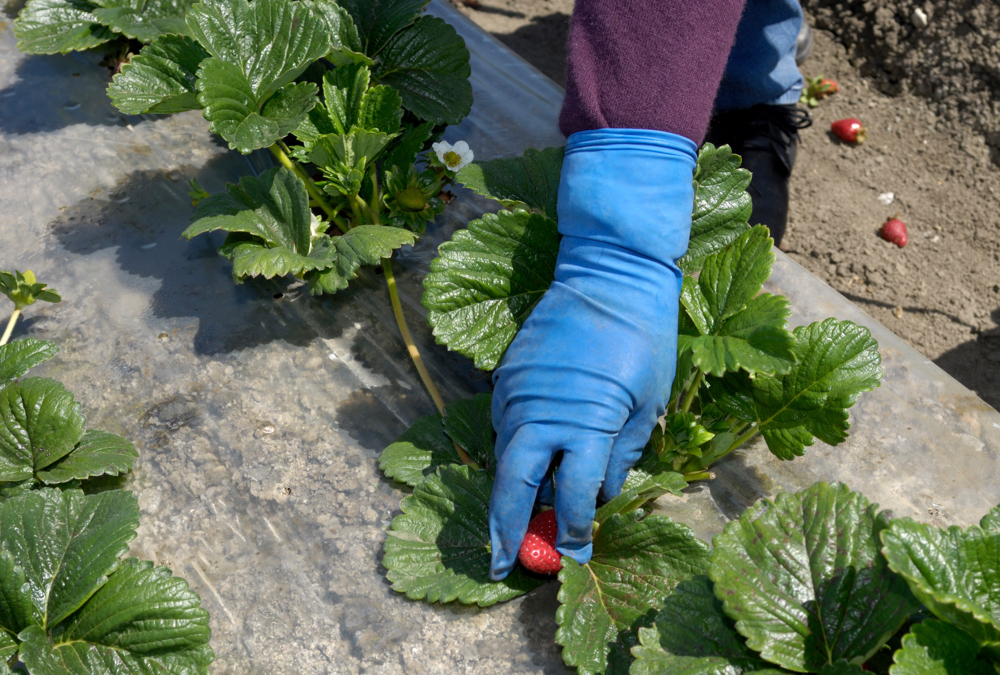Improvements to temporary foreign worker program recommended: CFIB

Temporary foreign workers (TFWs) may help alleviate persistent labour shortages in Canada’s agricultural sector, but adjustments to the system would increase efficiencies and create better alignment with the practical needs of agri-businesses, according to new research from the Canadian Federation of Independent Business (CFIB) that includes several recommendations for policy makers.
“While government is reviewing its TFW program, it needs to consider the practical needs of agri-businesses and the future of Canada’s food security,” said Juliette Nicolaÿ, CFIB’s policy analyst in a release. “Farmers are already struggling with chronic staffing shortages and when they turn to foreign labour, it’s only as a last resort because they can’t find anyone locally. That’s concerning given Canada’s ageing population and a perceived lack of interest among Canadian workers in a career in agriculture.”
Read Also


Cattle producers wary of grasslands conservation proposal
Glacier FarmMedia – Saskatchewan Stock Growers Association members want the Canadian Cattle Association to press pause on its Grasslands Conservation…
The prevalence of TFWs has grown since the program was launched in the 1970s, with an estimated three in 10 agricultural businesses hiring TFWs in 2023. The reliance on foreign workers is even more pronounced in certain regions, such as Quebec (51 per cent), and sub-sectors characterized by labor intensive tasks, such as the fruits, vegetable and horticultural specialties (64 per cent), according to CFIB.
According to Employment and Social Development Canada, among employers who hired TFWs, 92 per cent said foreign workers helped them meet demand for their products or services, while 89 per cent said that TFWs helped them stay in business.
Most agri-businesses (59 per cent) say they would be in favour of a multi-employer work permit as an option, to enable employers to share a foreign worker. However, the majority don’t support sectoral and/or regional work permits whether it’s under the current (59 per cent) or a new program structure where a third party would recruit and dispatch a pool of foreign workers (50 per cent), as they fear such permits could facilitate employee poaching and hinder retention.
To improve the TFW program’s efficiency, CFIB recommends the federal government consider:
- Reducing red tape associated with hiring TFWs, notably streamlining the Labour Market Impact Assessment (LMIA) process
- Allowing for the sharing or transferring foreign workers as an option (e.g., multi-employer work permit)
- Indexing the housing deduction to inflation – it is currently C$30, which does not reflect real housing prices
- Allowing employers to match the wages offered by another employer with an LMIA in the same area to strengthen retention and curtail poaching. Provisions under the Employer Compliance Regime currently limit this.
- Reimbursing the employer for the costs associated with the administration and enforcement of the compliance inspection, should the LMIA not be issued
- Introducing a mechanism to compensate initial costs covered by the employer whose employee has been poached and streamlining access to new TFWs
Source: Farmtario.com

